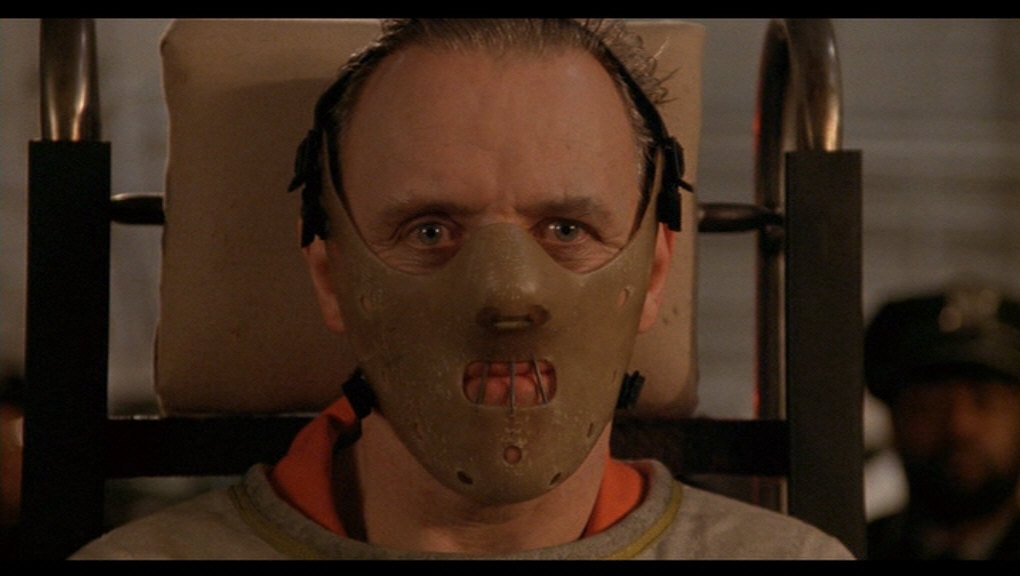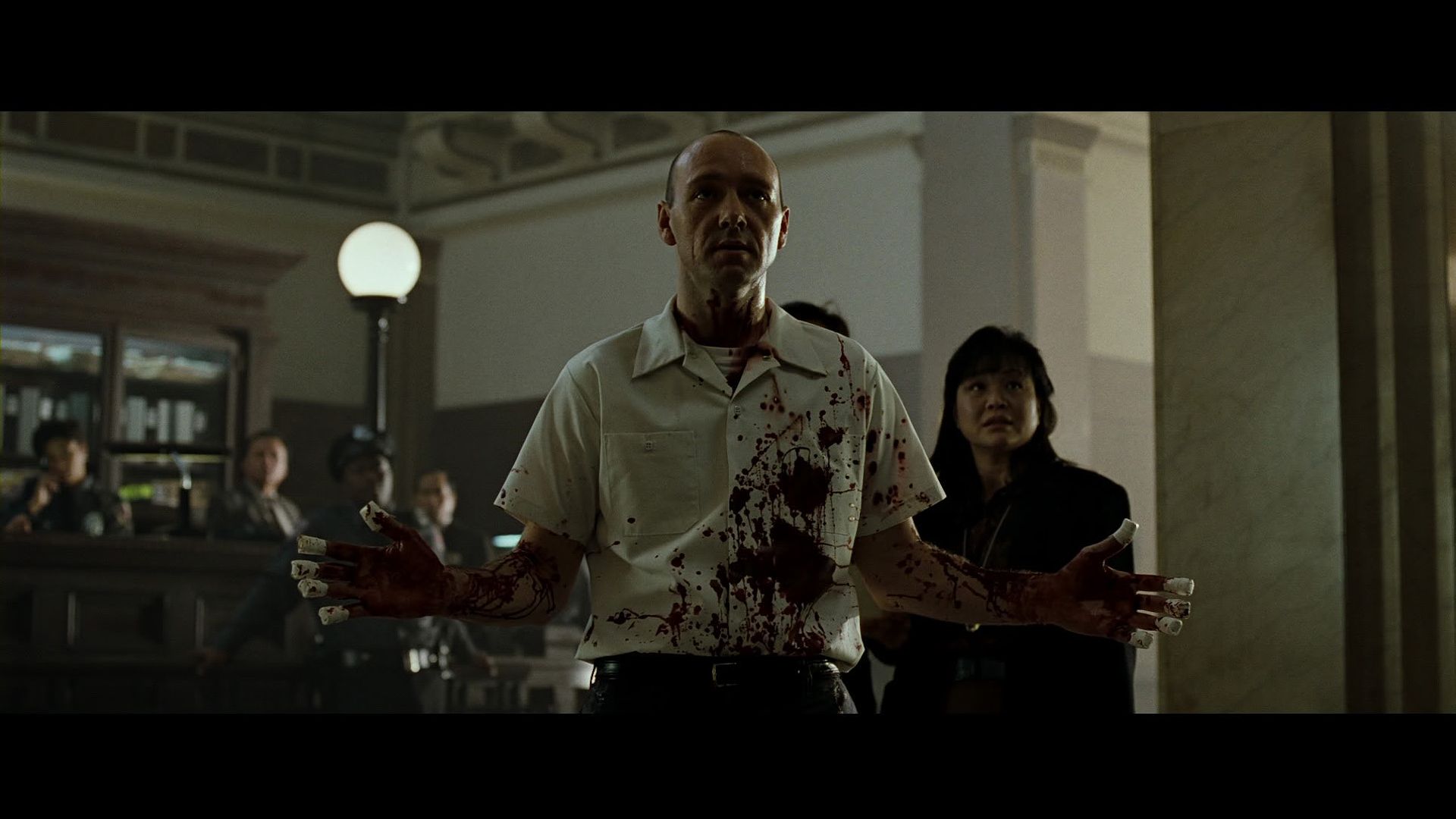 Case Study - Taxi Driver
Case Study - Taxi Driver
Released: 1976Director: Martin Scorsese
Writer: Paul Schrader
Starring: Robert De Niro, Jodie Foster, Cybil Shepherd
Genre: Crime, Drama, Thriller, Physiological Thriller
Budget: £1.3 million
When looking at the user ratings for Taxi Driver from IMDB users it is shown that the highest rating comes from males under 18. This could be because of the focused male lead or the influential nature of younger males. Overall the male audiences rated the film higher, this is most probably because it was aimed towards adult males in the first place, although high ratings were received from females too indicating that the female characters in the film were appealing to a wider audience.
Taxi Driver is about Travis Bickle, a supposed ex-marine who suffers from insomnia and possibly a psychological disability. He takes up a job as a taxi driver in New York, driving at night (due to his insomnia) and working in all areas of the city, including the most dangerous. Travis spends his days in seedy cinemas and questioning what has happened to society, with strong opinions about what is right and what is wrong.
 |
| Hannibal Lecter from Silence of the Lambs |
 | ||||
| John Doe in se7en, this film applies particularly to Taxi Driver because of it's neo-noir qualities |
Travis descends into madness after being rejected by his love interest 'Betsy' but it could also be said that Travis really turns when Iris first gets into his cab and he is handed the $20 note, which he separates from the others suggesting that he views himself as a hero, intending to give the money back. This shows that Travis is becoming deluded when viewing himself as a hero as he loses his self-awareness which tests the audiences sympathy, therefore engaging them to the character which many thrillers aim to do in order to develop an in depth plot line.
Although the audience know that Travis was a marine in Vietnam, they don't know what actually happened in order to make Travis so fragile to the elements that surround him, thus provoking questions as to why Travis feels the way he does, another clever device that makes the audience feel connected to the character when trying to find out about his past from his actions in the present. His experiences at war must have had an impact on the way that he lives now, as they do on many men that go to war, and this perhaps helps to make Travis a much more feared character because of the way that he easily turns his anger into a ruthless soldier once more. This fear is very important to the thriller genre because it helps to keep the audience hooked and it signifies the genre. Another point of view to this is that Travis in fact never was in Vietnam, this could be derived from his limited knowledge of firearms and the way that he avoids talking about his experiences in the opening scenes. Travis could have created this back story to enable him to be the hero that he always wanted others to view him as, adding to the characters complexities.
When looking at the behaviour of Travis Bickle it would be fair to say that he is living in his own alternate reality, his own dreamscape. This can be seen by the way that Travis looks into his rear view mirror at the beginning and end of the film, most importantly during his last cab ride of the film in which he appears a changed man, implying that he is absent from reality and lost in his own thoughts. This is similar to the dreamworld created by the two girls in 'Heavenly Creatures' and is used to connote escape from the real world and the problems associated with it.
Taxi Driver - Shot Analysis

An interesting, intelligent analysis. You have focused excellently on the way Scorcese devlops the generic convention of the city as the centre of moral ambiguity and corruption.
ReplyDeleteYour intertextual references are excellently developed and discussed, though I'd have liked you to have specifically linked aspects of Taxi Driver more strongly to The Girl With the Dragon Tattoo, though this is likely to belong in another post!
The trailer of The Killing also representes Copenhagen as an embodiment of institutionalised political corruption, the final episode on Saturday strongly developed this convention. Lots of shots also in carparks in this episode so it may be worth catching on BBC i-player.
I like the way you discuss Travis' alienation. Your analysis of the significance of tunnels though could have included a shot from Essex Boys (Dartfort Tunnel) though your intertextual references at this point in your analysis were at the highest level.
Note the way the film also explores voyeurism, in the Travis is a voyeur and the representation of the young prostitute is also voyeuristic. Voyeurism is another theme in Hitchcock's Psycho.
The film Leon also includes a pubescent girl and there was some criticism of the representation of the child in this film. Nevertheless it is an interesting thriller.
Overall a pleasure to read and at the highest level. Well done Hamish, splendid research. The shots and locations you've analysed should strongly assist the your filming of your thriller.